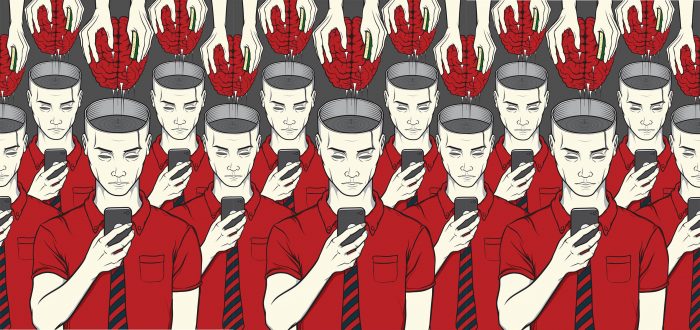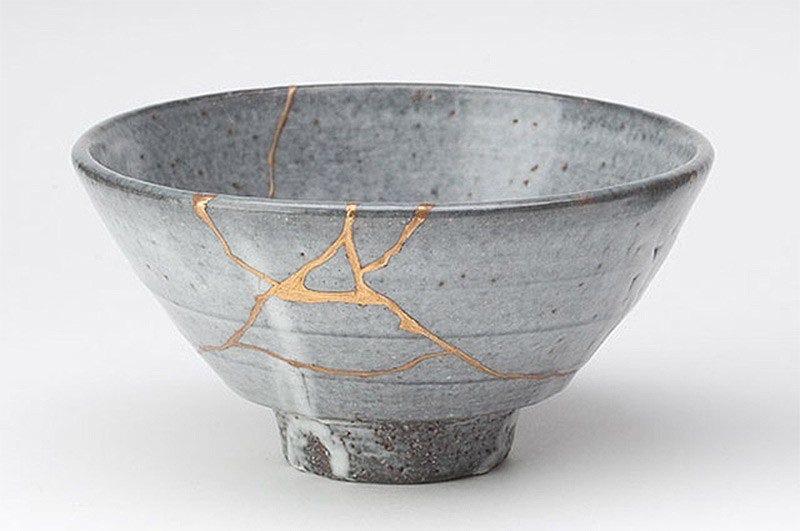behaviors/bias
What is Maslow's Hammer? Maslow's Hammer says that we rely too much on familiar tools (not because they're good - only because they're familiar). As the saying goes, “When you have a hammer, everything’s a nail.” It's why doctors are more likely to recommend surgery for back pain than alternative treatments like massage or chiro.
What is the Concorde Fallacy? 🧠 The Concorde Fallacy describes how we will continue to defend a bad investment, even when that defense costs more than just giving up. In 1956, discussions started in England to create a supersonic airliner that would get people from London to NYC in under 3 hours (that's less than
Two concepts can help explain why society seems increasingly unable to agree on basic facts.
One of the major findings in last 50 years has been what people had suspected all along: human thinking and judgment often isn’t rational. By this, I mean given a situation where someone has to make a decision, she will often take a decision that “leaps” to her immediately rather taking than a decision that… Read More
There used to be a generic belief that humans are completely rational. It is easily understandable why a belief like this was popular…
Research shows how attractive employees can rub some customers the wrong way.
Prospect theory argues that if given the option, people prefer more certain gains rather than the prospect of larger gains with more risk.
The popular idea that avoiding losses is a bigger motivator than achieving gains is not supported by the evidence
If we really want to understand how we can nudge people into making better choices, it’s important to understand why they often make such poor ones.
(Phys.org)—Under ancient Jewish law, if a suspect on trial was unanimously found guilty by all judges, then the suspect was acquitted. This reasoning sounds counterintuitive, but the legislators of ...
There's an angry divisive tension in the air that threatens to make modern politics impossible. Elizabeth Lesser explores the two sides of human nature within us (call them "the mystic" and "the warrior”) that can be harnessed to elevate the way we treat each other. She shares a simple way to begin real dialogue -- by going to lunch with someone who doesn't agree with you, and asking them three questions to find out what's really in their hearts.
Here are 18 of the most common mental mistakes in business and investing. Make sure to learn from these cognitive bias examples to make better decisions.
Short analysis on the current state of affairs and a few tips to keep in mind.
Human brain processes information as well as how it forms certain patterns of behavior. Discover cognitive psychology tips for UX.
A principle that explains decision-making — from investor behavior to insurance markets — isn't ironclad, experts argue.
We tend to judge the likelihood and significance of things based on how easily they come to mind. The more “available” a piece of information is to us, the more important it seems. The result is that we give greater weight to information we learned recently because a news article you read last night comes to mind easier than a science class you took years ago. It’s too much work to try to comb through every piece of information that might be in our heads.
Color can affect judgment and decision making, and its effects may vary across cultures. Research reported in this article shows that cross-cultural color effects on risk preferences are influenced by personal associations of color-gain/loss. Our research finds a cultural reactance effect, a phenomenon in which people who hold culturally incongruent (vs. cultural mainstream) color associations
Five ways to do noise reduction, from the field of judgment and decision making.
The goal should not be conversion but doubt.
Inside the distinctive, largely unknown ideology of American policing — and how it justifies racist violence.
Conspiracy theories seem to meet psychological needs and can be almost impossible to eradicate. One remedy: Keep them from taking root in the first place.
Why Informing your customers of a sunk cost can actually help you increase your sales.
When certain events need to take place to achieve a desired outcome, we’re overly optimistic that those events will happen. Here’s why we should temper those expectations.
Great thought and effort go into creating restaurant menus – and there are some very powerful psychological tricks employed to make you choose.
Here’s a simple practice that can boost your intelligence, help you avoid cognitive bias, and maybe even be happy to prove your own ideas…
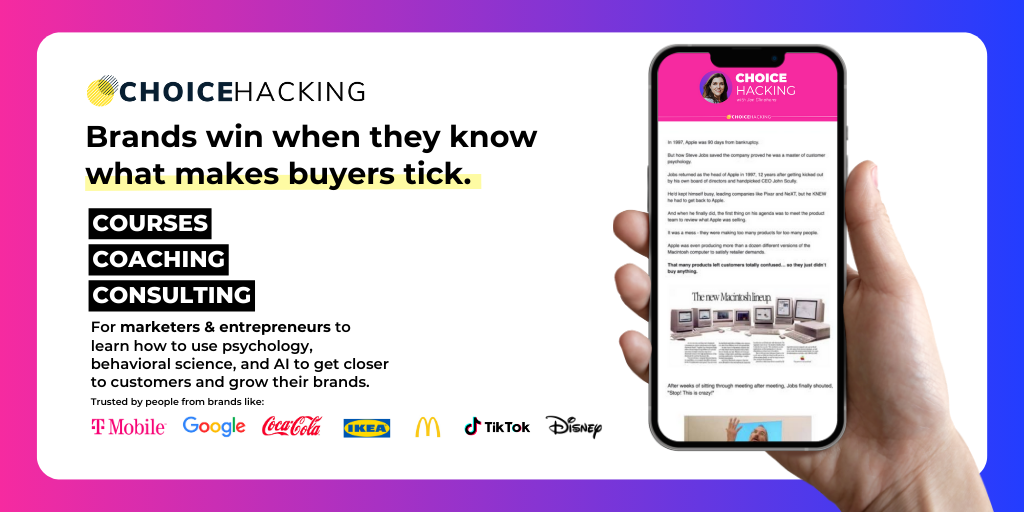

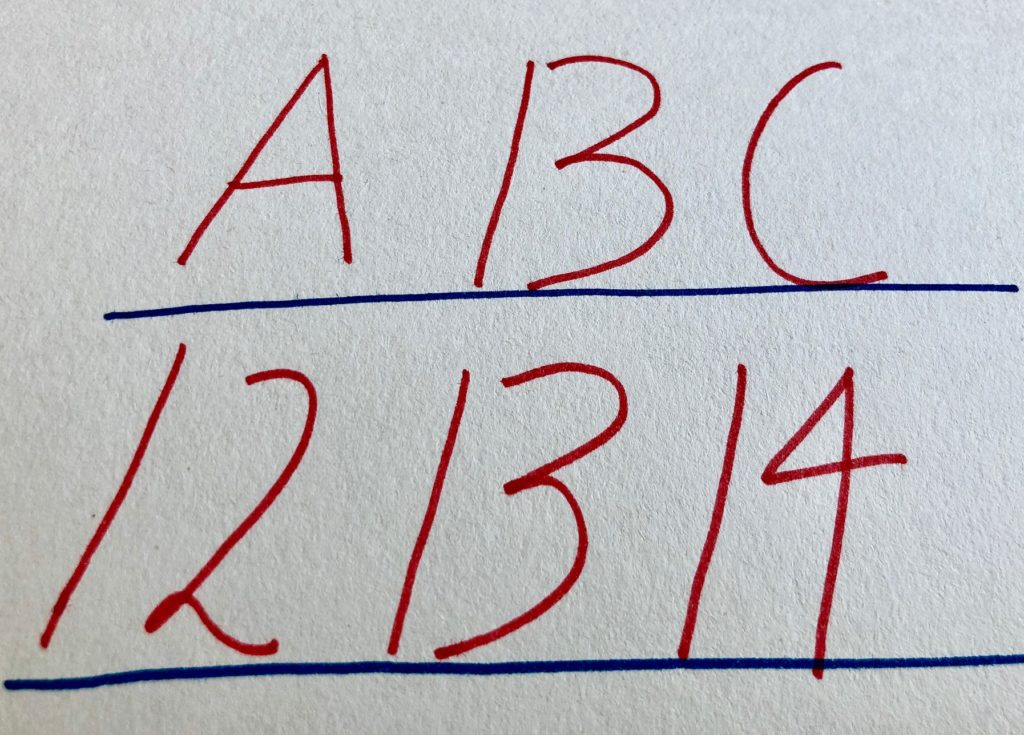
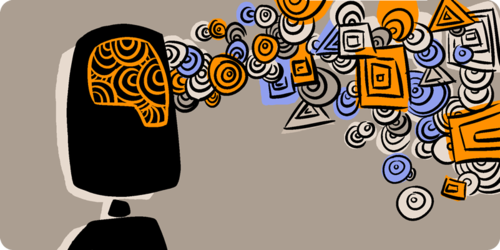
:extract_focal()/https%3A%2F%2Fpocket-syndicated-images.s3.amazonaws.com%2Farticles%2F4780%2F1592580478_file-20190926-51410-12m9akjcrop.jpg)
:max_bytes(150000):strip_icc()/prospecttheory.asp-FINAL-55296758049c4501808f54b52747cb35.png)


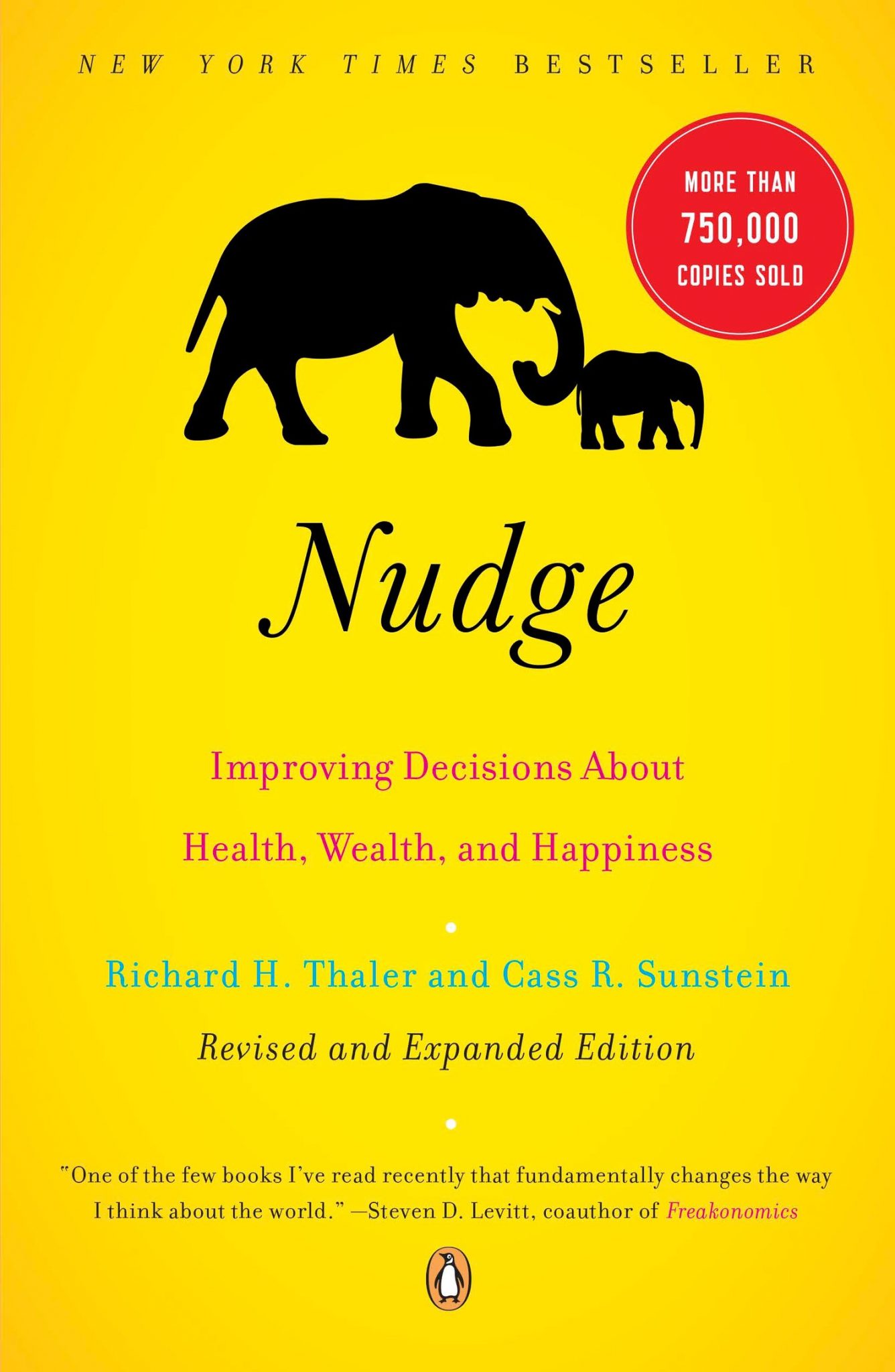


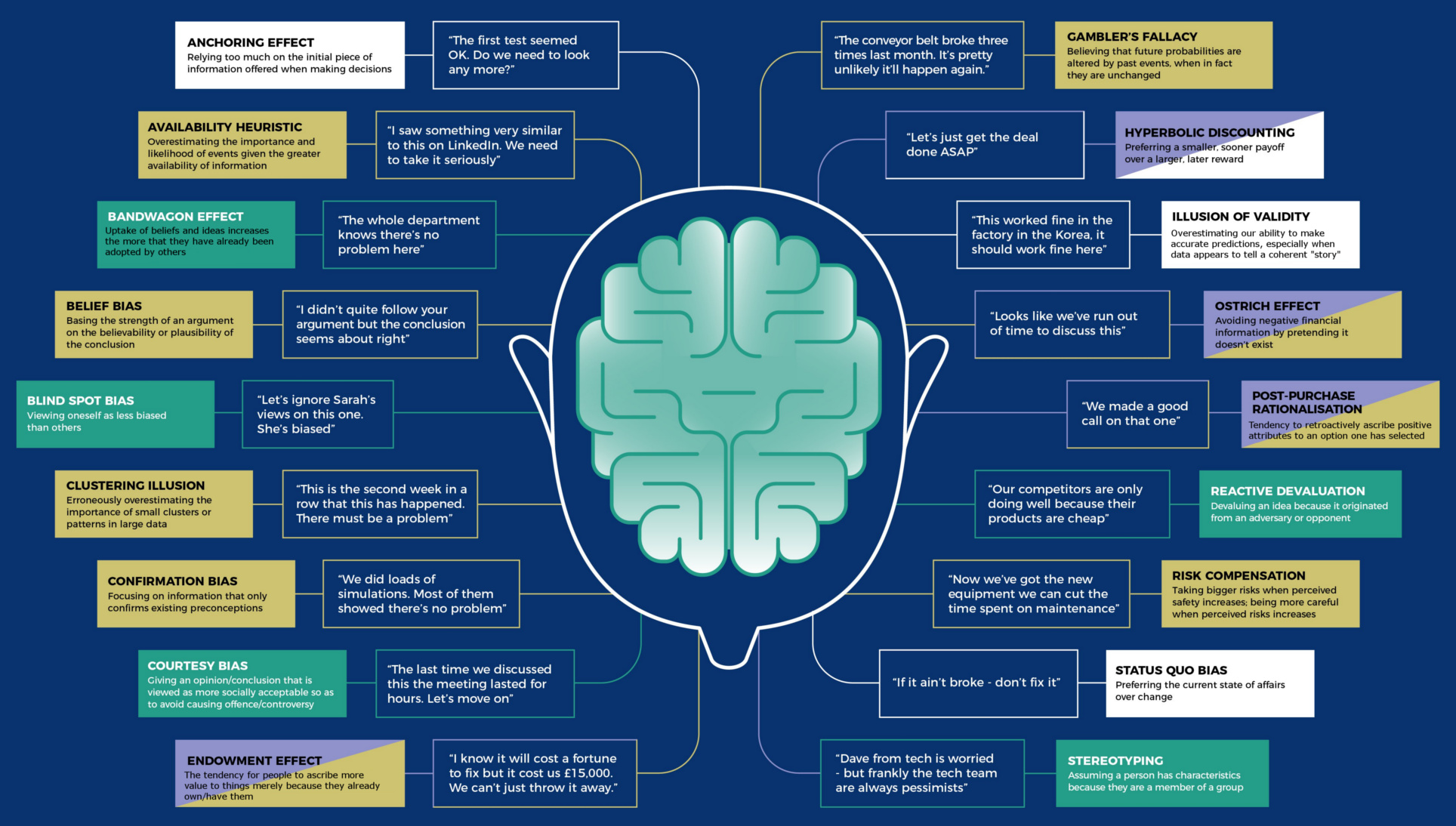


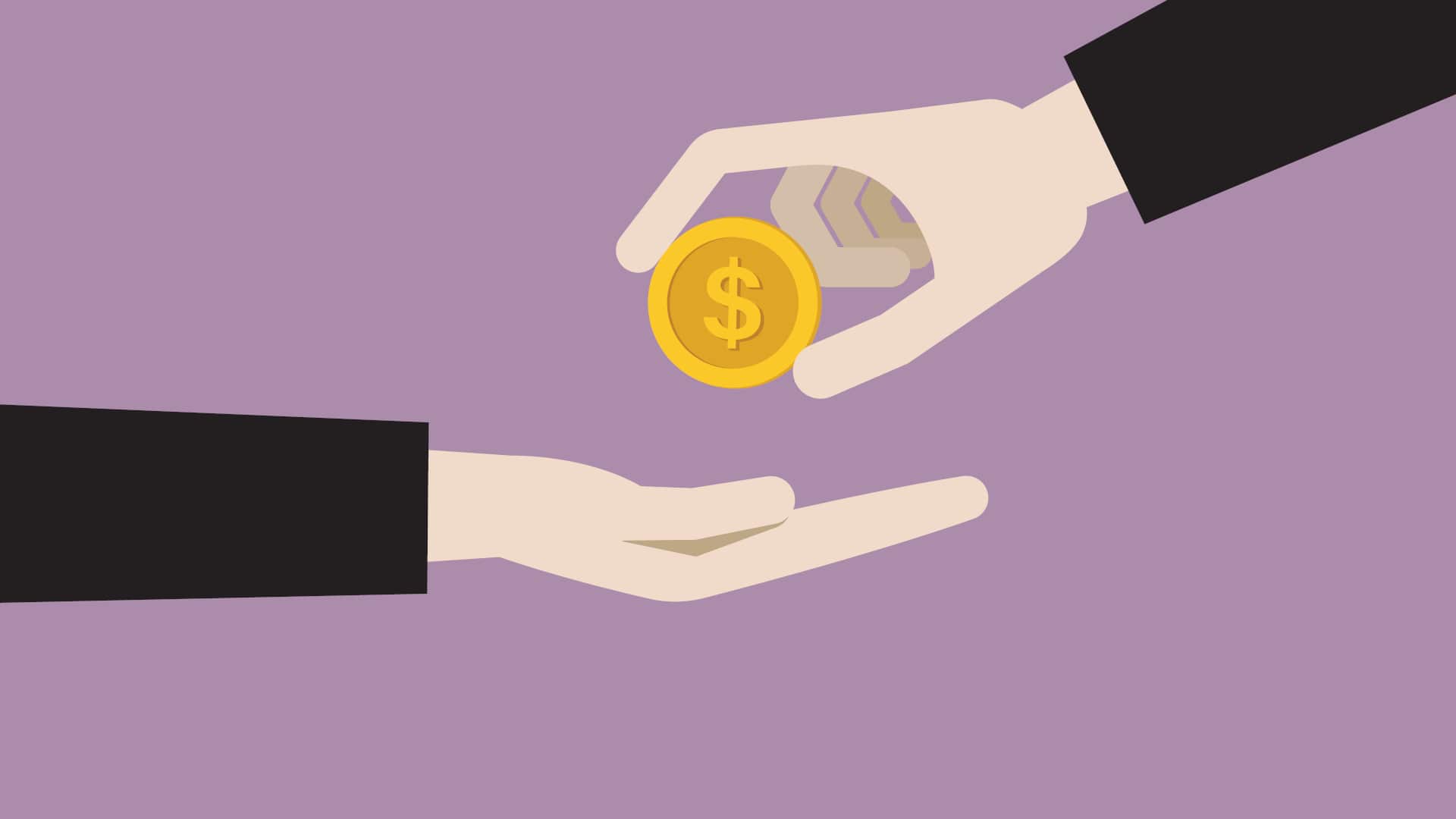
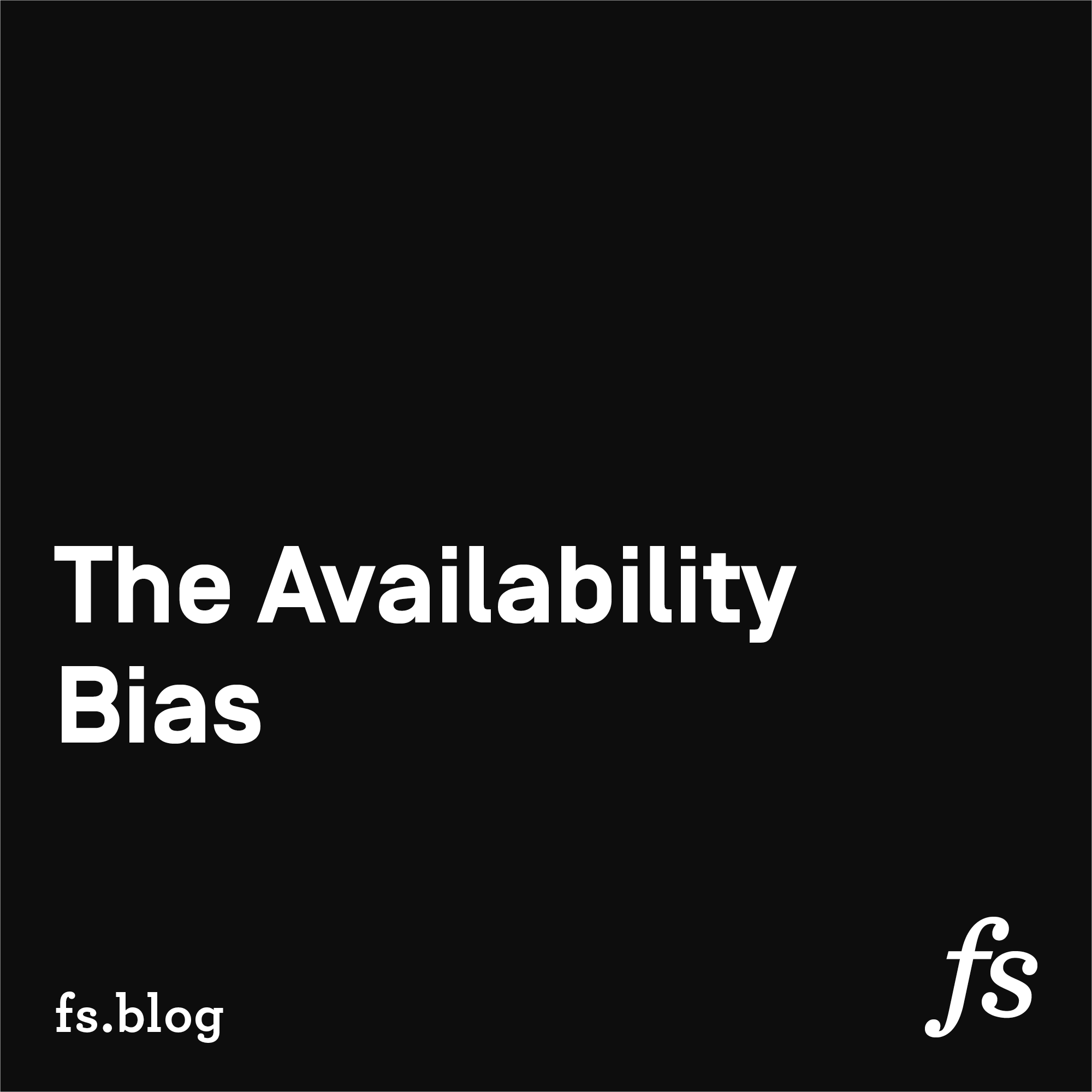
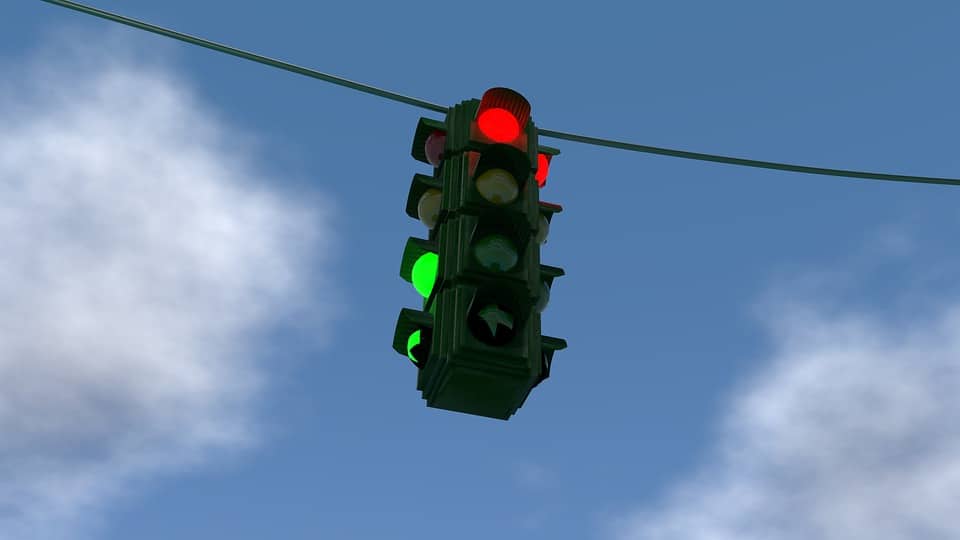
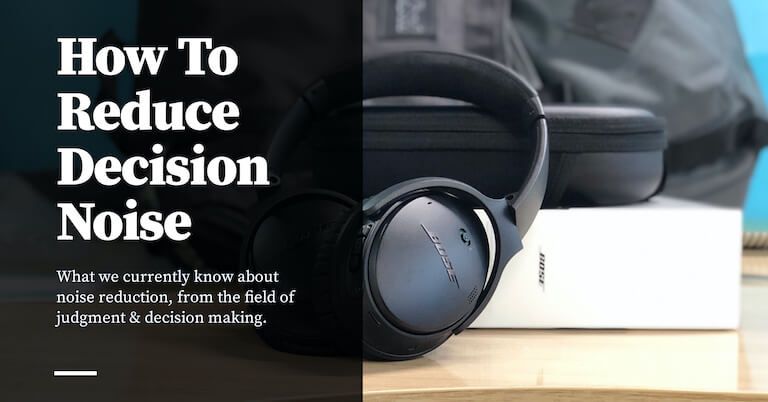
:extract_focal()/https%3A%2F%2Fpocket-syndicated-images.s3.amazonaws.com%2Farticles%2F5980%2F1611345286_GettyImages-672713099.jpg)

